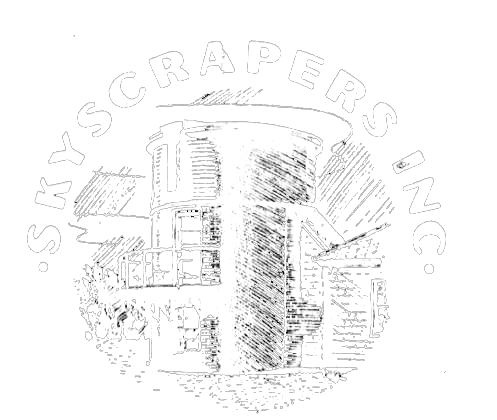
New England Astronomy: It's More Than Just Cloudy Skies
June 2014 :
There’s got to be a reason so many of us who love astronomy live in Southern New England. Yes, we have beautiful coastlines, great schools, fantastic parks and walkways. But, the one feature we seem to be missing is beautiful skies. Already this calendar year we have been unable to see three very unique celestial events, and yet, we’re still here.
In mid March, almost as an invitation to a great beginning to spring, a very tiny asteroid actually was going to block the light of one of our brightest stars: Regulus. The heart of Leo, the Lion, would disappear from the constellation for several seconds, courtesy the rock Erigone. Although its path of occultation wasn’t directly over our heads, we only had a relatively short drive to the path. From Bermuda, the observations would take place going upwards, in a northwestern direction, similar to 10:00 on a non-digital clock. But, this apparent once-in-a-lifetime event had other plans: The entire path of occultation became clouded out. Even thoughts of last-minute tickets to Bermuda would have been for nothing. And, although this path didn’t hover over our skies – we were clouded out that night, also – it was another fantastic event that we were denied. Skies, one; astronomy, zero.
The following month, we were prepped for the first total lunar eclipse in several years. Occurring on the festival of tax day, this eclipse also was to be the first of four taking place within the span of about a year and a half – a tetrad. Once again, although many of us were ready to spend much of the night enjoying the Moon change a ruddy color – not the blood as related in the news – clouds intervened, allowing us to spend the night in bed rather than outside enjoying the beautiful spring sky. The only good part of this is we will have another chance at a total lunar eclipse in early October. But, as to our sky phenomena: Skies, two; astronomy, zero.
In May, there was the possibility of witnessing a new meteor shower. The Earth was scheduled to pass through material that formerly was a part of Comet 209P/LINEAR. The early morning hours were alleged to be the peak time for a mass of falling stars radiating from the northern circumpolar constellation Camelopardalis, meaning all of us anywhere in Southern New England should have great views – except for the unbelievable weather pattern that engulfed us all. Elsewhere, there were reports that the shower didn’t live up to early predictions, but it would have been nice to observe for ourselves. Skies three; astronomy, zero.
So, the question remains: Why do we stay here? With beautiful skies elsewhere, what keeps us here, when what we really want to happen, the ability to see the sky, is so often denied us? My feeling is it has to be two factors: First, the fact that we have so many potential observing sites. Where else are there so many public observatories in such a small area? And, also, we’re all in this together. The camaraderie we have, both when we can observe together, or even when we can’t, when the skies do disappoint us, is well worth sticking around. Meanwhile, there will be observing nights – there have to be, sometime.



